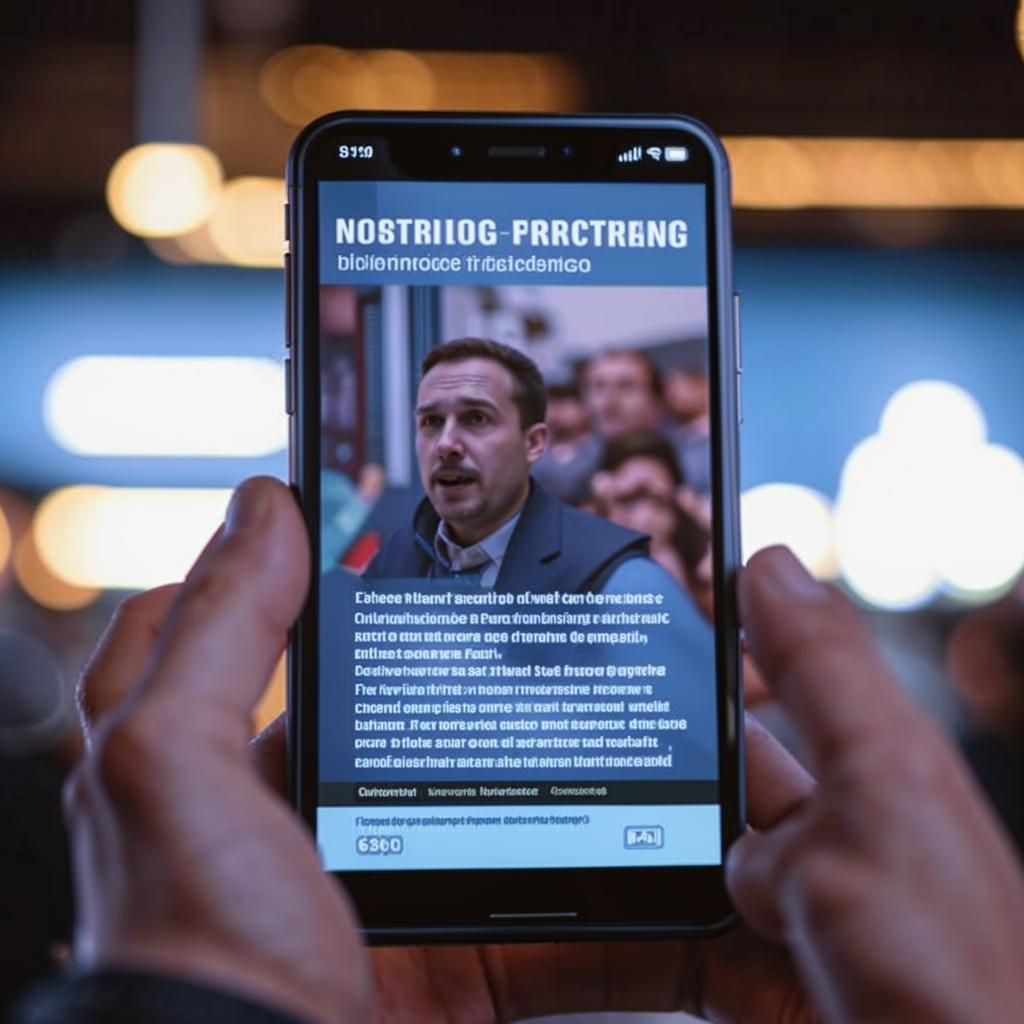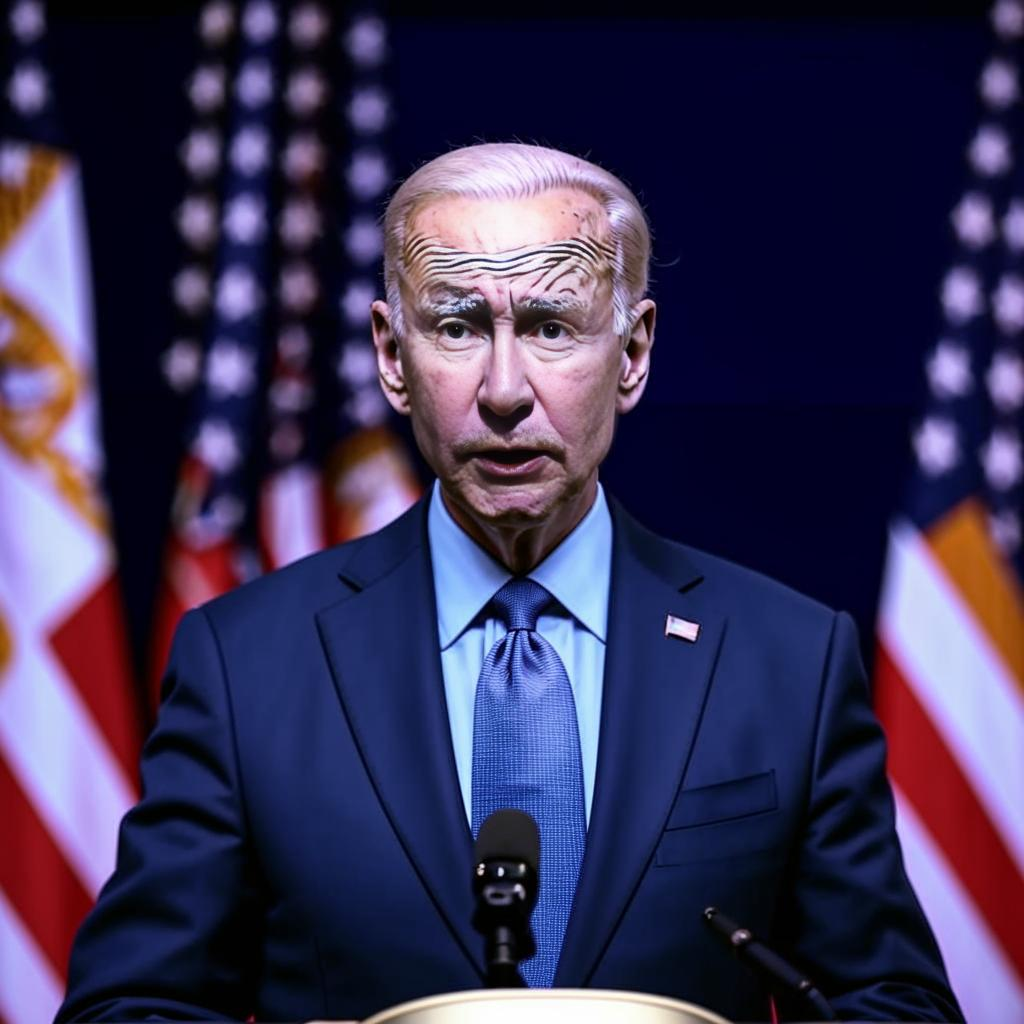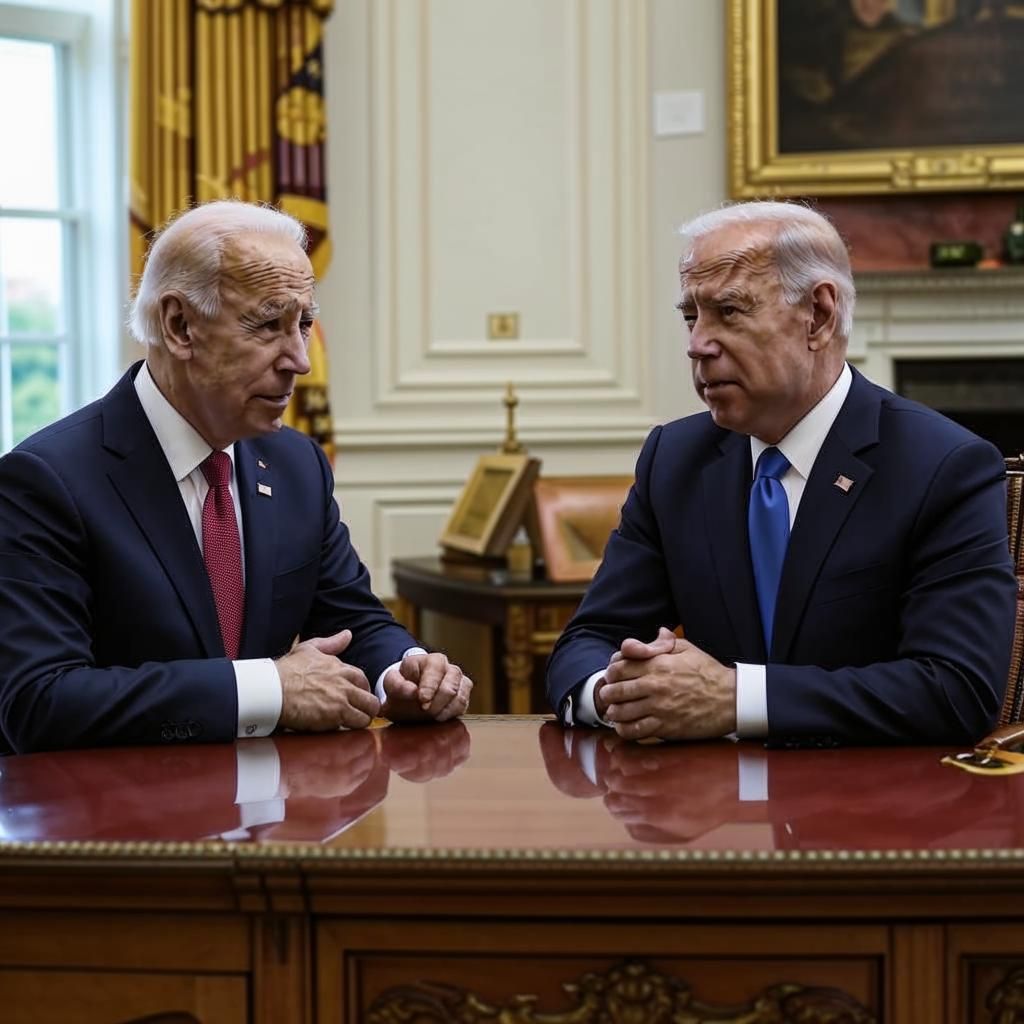Meta, the parent company of Facebook and Instagram, has officially ended its partnerships with U.S.-based fact-checking organizations. This decision, effective Monday, marks a significant shift in the company’s approach to combating misinformation on its platforms within the United States.
For years, Meta relied on a network of independent fact-checkers to identify and flag false or misleading content. These organizations, certified by the International Fact-Checking Network, rated the accuracy of stories, videos, and other posts. Content deemed false was then demoted in users’ feeds and sometimes labeled with warnings.
Meta claims the decision is part of a broader strategy shift, focusing on scaling its efforts to identify and address misinformation through AI and other technologies rather than relying on external partnerships. In a statement, the company stated that fact-checking is not a sustainable approach.
Critics, however, worry that Meta’s move will lead to a surge in misinformation, particularly in the lead-up to the U.S. presidential election. Without human fact-checkers, the burden of identifying and removing false content will fall entirely on Meta’s automated systems, which may not be as effective at detecting nuanced or emerging forms of deception.
The consequences of this decision could be far-reaching, potentially impacting the information environment, public discourse, and even the outcome of elections. The move is already sparking debate about the responsibility of social media platforms to combat misinformation and the effectiveness of different approaches. Meta’s pivot raises concerns about the future of truth and accuracy online.















